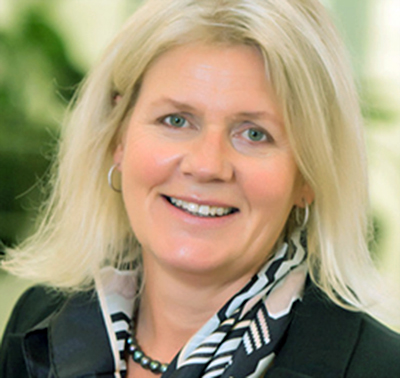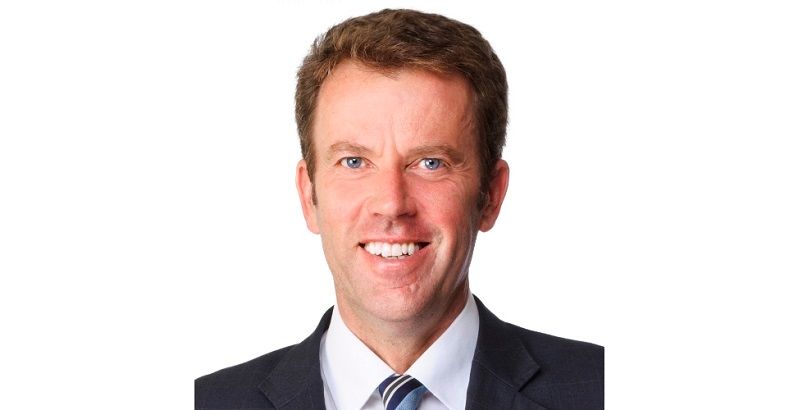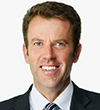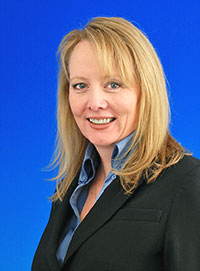Managing the future of work and jobs: Sodexo report
QUALITY OF LIFE services specialist, Sodexo, has released its 2018 Global Workplace Trends report, offering fresh insights for global workforce leaders and decision makers on the future of work and jobs.
The report highlights the most critical factors affecting the future of work and demonstrates how an improved workplace experience is key to increasing companies’ performance – and leads to better employee engagement.
This year’s Sodexo report focuses on seven interconnected topics with an overarching theme: the need for collective intelligence across all workplace domains. 
“Since 2012, Sodexo’s Global Workplace Trends [reports] have provided companies with a perspective on the trends that are shaping the future of workplaces around the world,” Sodexo CEO for corporate services and education, Nick O’Callaghan said.
“As a global employer of over 420,000 and a national employer of over 5,000, these insights provide Sodexo with valuable knowledge to improve the quality of life for its team members.
“By using these insights to positively shape our workplace, we can enjoy the benefits of happy staff and improved performance within the organisation. These trends also allow us to assist our clients in planning and preparing their workplaces for the future,” Mr O’Callaghan said.
Key elements identified in the 2018 Global Workplace Trends report include preparing for ‘Generation Z’, the onset of the internet of things (IoT), creating an emotionally intelligent workplace, the impact of resourcing in the sharing economy, adjusting gender balance issues, new insights into ‘human capital’ management and the roles employees now clearly play in driving corporate responsibility.
Getting ready for Gen Z: With high expectations around technology and flexibility, while paying close attention to well-being and quality of life, Gen Z is reshaping the workplace in new and exciting ways for all generations.
The Internet of Things: shaping the future for workplace: IoT-supported workplace environments are an opportunity to operate and engage businesses and employees in a more effective manner by improving comfort in physical spaces, flexibility, precision in the process and ultimately quality of life for everyone. 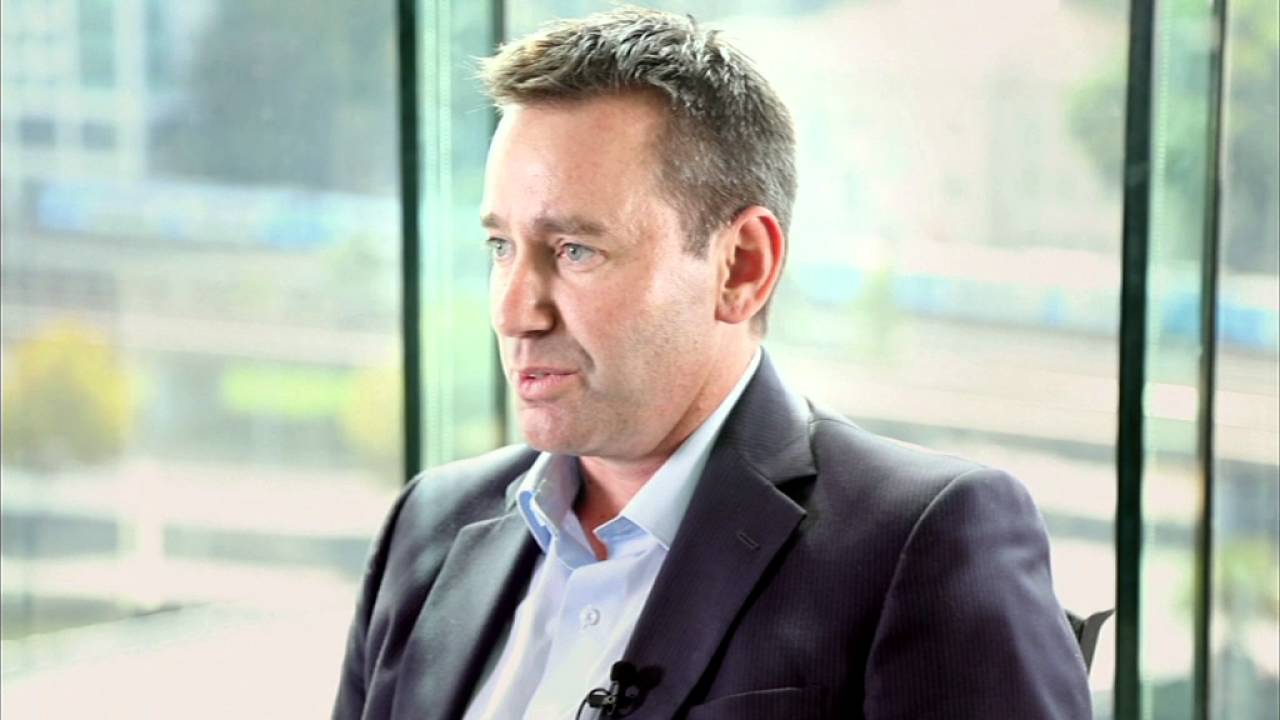
Creating the emotionally intelligent workplace: Emotional intelligence has become a core skillset for high-performing organisations and leaders today. The workplace itself can be emotionally intelligent – by allowing people to bring their full spectrum of emotions to work, and aligning their fundamental human needs and motivations.
Re-imagining resources in the sharing economy: Forward-thinking organisations are redefining their business models to leverage the benefits of the sharing economy.
Moving the needle of gender balance: To create a gender intelligent workplace, companies must examine the barriers that are holding back women and implement a cultural transformation driven by inclusive leaders.
Human capital management 3.0: Human Capital Management (HCM) 3.0 is bringing all the different technologies and programs (learning, recognition, wellness) together to transform the work experience into the life experience. HCM aims to enhance the employee experience and help organisations perform at their best.
Employees – New change agents for corporate responsibility: Employees are now key stakeholders when it comes to shaping corporate responsibility strategies. It is important for companies to give their workforce a voice, enabling them to feel fulfilled — while working toward a better future for all.
Sodexo employs a diverse workforce of more than 5000 employees in Australia. Sodexo delivers a unique array of over 100 integrated services lines including catering, facilities management, concierge services, security, asset maintenance and hospitality services. These services cast nationally and globally across the diverse business segments of Corporate, Healthcare and Seniors, Education, Justice, and Energy and Resources.
Founded in Marseille in 1966 by Pierre Bellon, Sodexo has become a global leader in services that improve ‘quality of life’ – an essential factor in individual and organisational performance. Operating in 80 countries, Sodexo serves 100 million consumers each day through its unique sectoral combination of On-site Services, Benefits and Rewards Services and Personal and Home Services.
Through its more than 100 service sectors, Sodexo provides clients with an integrated offering developed over 50 years of experience, ranging from food services, reception, maintenance and cleaning, to facilities and equipment management. Sodexo has developed services and programs fostering employees’ engagement to solutions that simplify and optimize their mobility and expenses management, to in-home assistance, child care centres and concierge services.
Mr O’Callaghan said Sodexo’s success and its sustainable business model comes from the ability to continuously develop and engage its 427,000 employees throughout the world. Sodexo is included in the CAC 40 and DJSI indices.
https://www.sodexo.com/2018-workplace-trends
SODEXO FAST FACTS
20.7 billion euro in consolidated revenues
427,000 employees
19th largest employer worldwide
80 countries
100 million consumers served daily
17 billion euro market capitalisation (as of January 10, 2018)

ends

 How to resolve AdBlock issue?
How to resolve AdBlock issue? 


